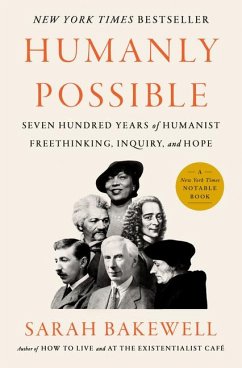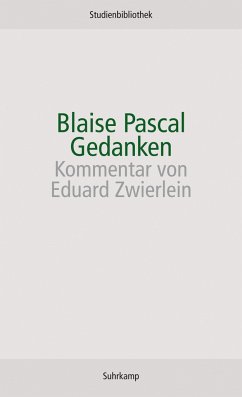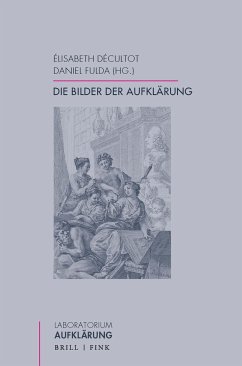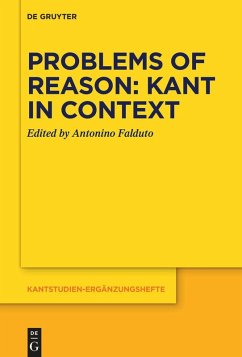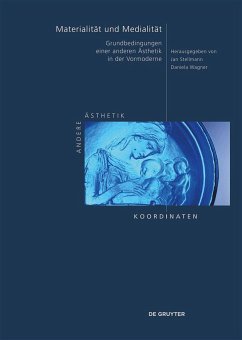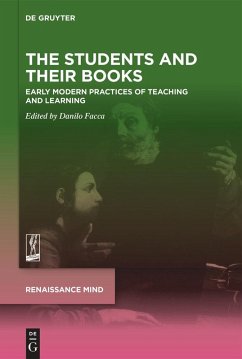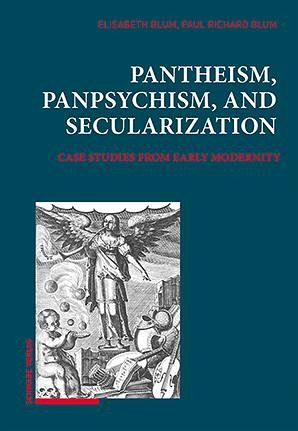
Pantheism, Panpsychism, and Secularization
Case Studies from Early Modernity
Versandkostenfrei!
Versandfertig in 1-2 Wochen
42,00 €
inkl. MwSt.

PAYBACK Punkte
0 °P sammeln!
Pantheism and panpsychism view the divine as omnipresent in the world or declare everything to be animated. This book presents a small number of case studies that show how these theories arose in the Renaissance and were linked to the overall intellectual climate of early modernity that became increasingly secularized. Pantheism and panentheism (the view that God embraces the world) preluded modern secularism as the attitude that deems religion and theology irrelevant to science. One case is Renaissance magic as a comprehensive worldview. Cosmology debated the relation between the Creator and ...
Pantheism and panpsychism view the divine as omnipresent in the world or declare everything to be animated. This book presents a small number of case studies that show how these theories arose in the Renaissance and were linked to the overall intellectual climate of early modernity that became increasingly secularized. Pantheism and panentheism (the view that God embraces the world) preluded modern secularism as the attitude that deems religion and theology irrelevant to science. One case is Renaissance magic as a comprehensive worldview. Cosmology debated the relation between the Creator and creation so that it could be relegated to either mythology or divine transcendence. The idea of universal ensoulment shaped a secular physics as visible in the theory of mind and in the modern development of monadology.



